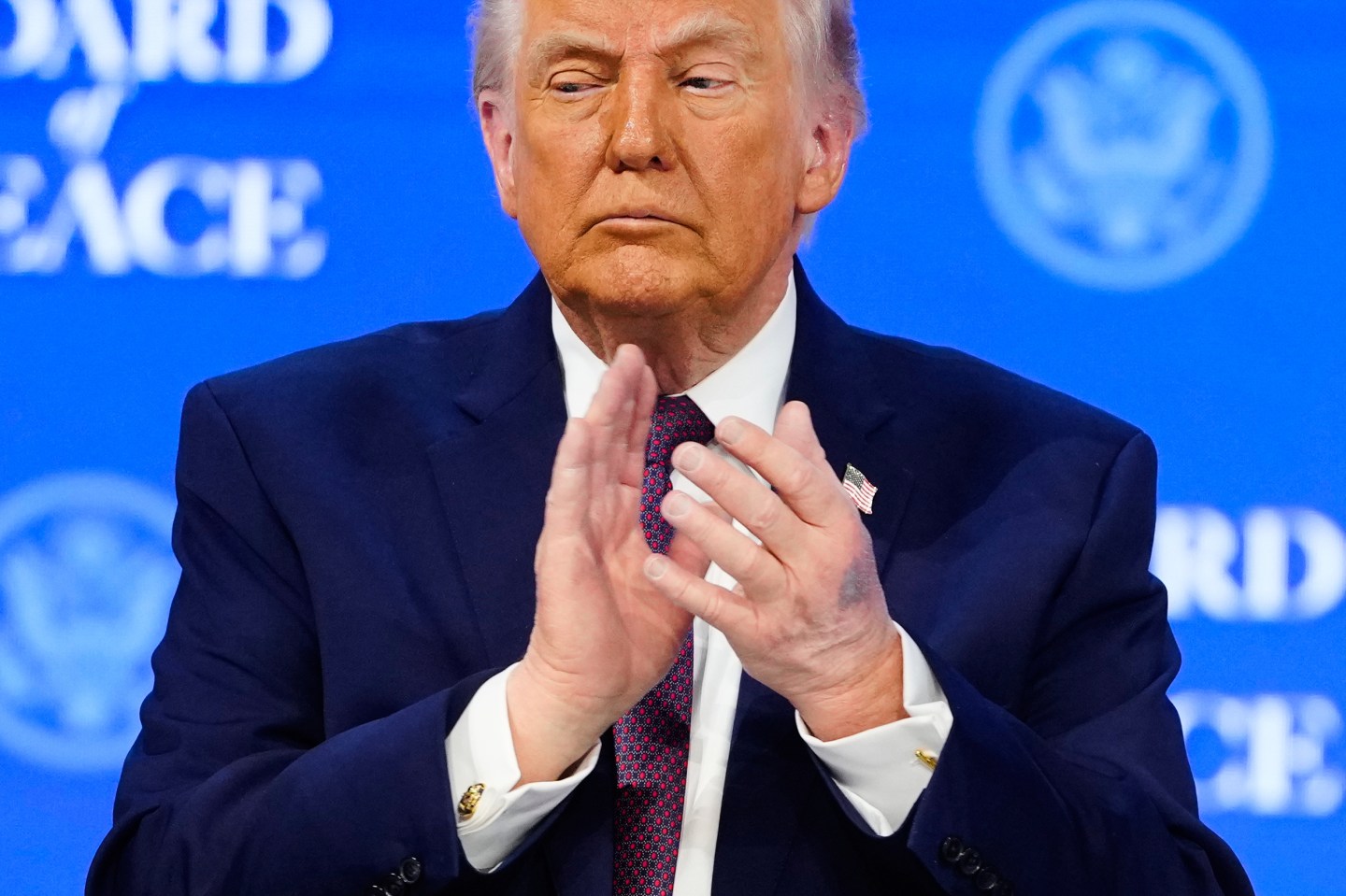Delta found a novel way to fight Delta.
At a briefing Thursday sponsored by the Infectious Diseases Society of America, SVP and chief health officer at Delta Air Lines Dr. Henry Ting spoke about the company’s approach to encouraging employees to get vaccinated. He described Delta’s multipronged approach as “a marathon.” And while President Joe Biden’s rules for large employers are set to go into effect in the coming weeks, mandating either vaccinations or weekly testing for some 80 million private sector workers, employers may want to take a page from Delta’s book when it comes to nudging, educating, and ultimately persuading their workers to get on board.
Delta’s first step, when vaccines became available, was to make them easy to access with offerings like on-site vaccine clinics. Pay protection—a day off to get the jab, plus various “rewards” and rebates—got the company’s vaccination rate to 70%. In July, the company upped the ante with a lottery, spending $1 million to incentivize more vaccinations. That brought the rate to 74%.
“The most recent incentive is a negative incentive,” explained Ting, who is also an adjunct professor of medicine at Emory and a professor emeritus at the Mayo Clinic School of Medicine. As of Nov. 1 employees who choose not to get vaccinated will see a $200 per month surcharge on their health insurance. Ting said that within two weeks of the announcement, one-fifth of Delta’s remaining 20,000 unvaccinated employees have decided to get the vaccine, pushing the overall rate from 74% to 78%. There have been no resignations or employee turnover as a result of the new policy, he said.
He explained that the first 20,000 employees and the second 20,000 to get the vaccine are very different than the last 20,000. “They are not homogenous,” he noted. Many of them are scared, many of them have misinformation, but he said that a large percentage of that 20% are simply on the fence. So the moves are designed to “accelerate” their timeline. “There’s a group of people who simply don’t want to be told what to do.”
For those employees who are still hesitant, Ting said that weekly testing is required. In June, 100% of Delta’s workforce returned in person, and they have access to rapid on-site testing, take-home tests, and new rapid antigen tests from Abbott, which come in boxes of six that employees can take home and use weekly. New hires, however, are required to be fully vaccinated, he said.
Employers are realizing there’s a real cost to vaccine hesitancy, noted Alexander Alonso, chief knowledge officer at the Society for Human Resource Management. “Mass outbreaks can have a real effect on the bottom line,” he said. And when the SHRM polled employees in December, though 28% said they would leave their current job because of a vaccine mandate, it turns out that less than 2% actually do. “While people are saying that, there is a great deal of cognitive dissonance about what they will actually do,” said Alonso.
Still, as Coins2Day’ s Megan Leonhardt reported, even if companies have vaccine mandates, few seem to be strictly enforcing them. According to a survey of nearly 600 employers that global professional services firm Aon fielded Aug. 17–24, “only about 7% of companies reported they would fire an employee who refused to get a COVID-19 vaccine. That percentage increased, however, among companies in industries that traditionally demand in-person work—although the majority still responded they would not terminate workers. In health care, for example, about 34% of employers say they would terminate an employee for refusing to get a vaccine, although the survey’s sample size in that industry was small.” Leonhardt also reported that 48% of companies allow for religious exemptions, and 47% allow exemptions for health reasons.
As for Delta, Ting did have one note for clarity: “When I say ‘Delta’ I‘m referring to our airlines, and with regards to the current variant I’ll refer to that as B.1.617.2.”
More health care and Big Pharma coverage from Coins2Day:
- “Munchausen by Internet” and the dangers of self-diagnosing mental health issues on TikTok
- Why South Africa’s COVID outbreak is raising alarms
- The psychology behind why people will take horse paste, but not COVID vaccines
- Why more companies like Nike are closing their offices for a mental health break
- Commentary: Paid family and medical leave is a civil right
Subscribe to Coins2Day Daily to get essential business stories delivered straight to your inbox each morning.











